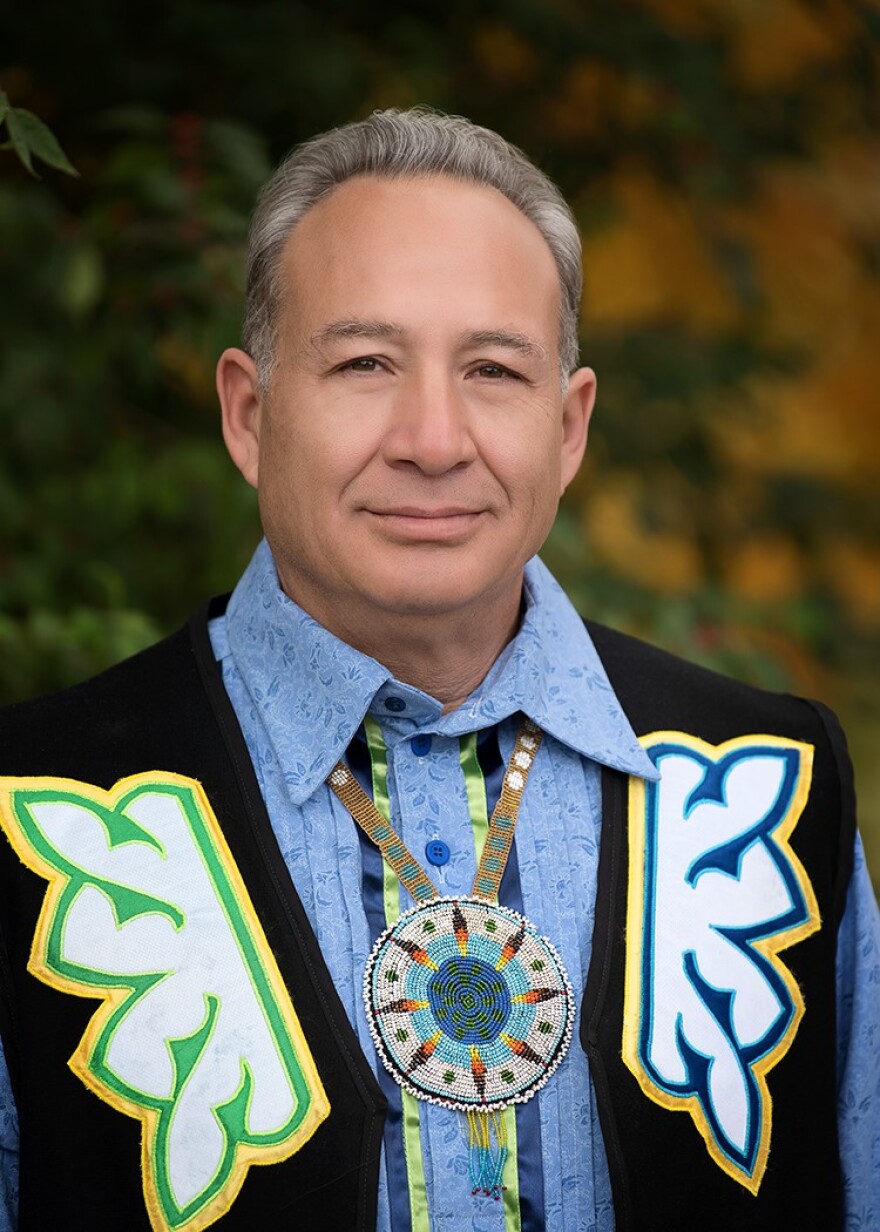A U.S. Senate committee is considering legislation that would allow the Prairie Band Potawatomi Nation to receive a multi-million dollar settlement for lands illegally auctioned near DeKalb almost 200 years ago.
The U.S. government sold more than 1,200 acres of Chief Shab-eh-nay’s land near the village of Shabbona in southern DeKalb County while he left to visit family in Kansas. The fourth generation great-grandson of Chief Shab-eh-nay and Prairie Band Chairman Joseph Rupnick says it’s time to fix it:
“We're trying to correct that historical wrong because he had never abandoned the land.”
Late last year, Congressman Jerry Moran introduced The Prairie Band Potawatomi Nation Shab-eh-nay Band Reservation Settlement Act of 2021. It would provide a $10 million settlement to the band in exchange for relinquishing any claims against the State, local governments, and any individuals occupying what would be the current day reservation.
“So For 170 years we've been denied access for this land. We think that's a fair initial starting point for compensation by denying this use of this land.”
Rupnick says that the Prairie Band wants to be back in Illinois, and that the group would use the settlement money to buy land near Shabbona State Park. To date, several local state representatives have co-sponsored statewide legislation to express support for the Prairie Band's efforts to regain their stolen land.
“There's a lot of injustice that, you know, happened around here. And we're hoping that we can correct this history and try and make it better for everyone involved.”


